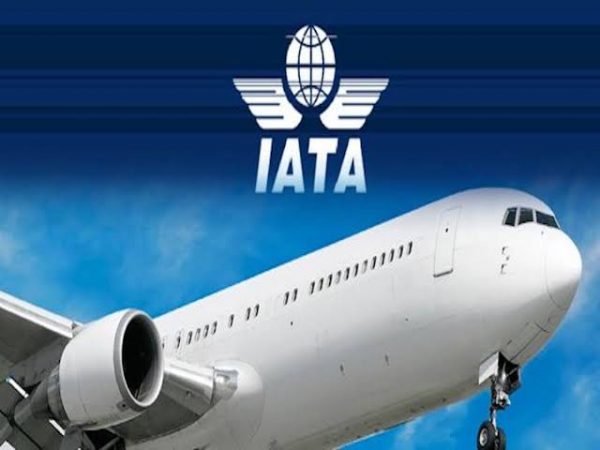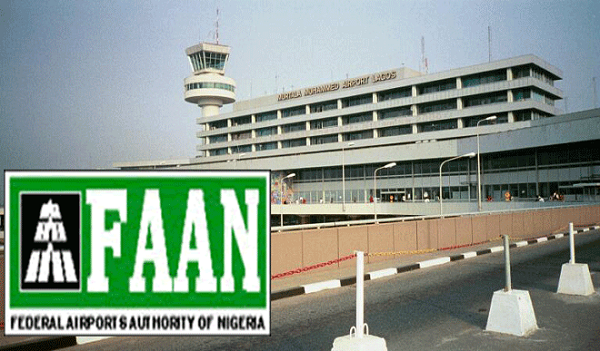Stakeholders Pinpoints Ports Competitiveness As Road-Map To Effective Regulations
Stakeholders have pointed out that increased port competitiveness and clear cut understanding of what the Nigerian Shippers’ Council is regulating as regards enforcement should be the priority of the Council if it is to succeed in its role as a ports regulator.
Founder Centre For Values In Leadership, Prof. Patrick Utomi, stated this during a one-day symposium organized by Akabogu and Associates in collaboration with the Nigerian Shippers’ Council (NSC) with the theme: Benefits Of Regulations In Nigerian Ports while presenting the lead paper titled: Benefits of Regulations. In Lagos, yesterday.
In his words, “Ports regulations are about competitiveness and the challenges of our ports are to truly know that we are to be more competitive than others. It will increase job creation in millions and make other sectors also more competitive. The lessons of the shipping industry as regards competitiveness is that the experts wrote that by the 21st century goods would be moved around by air rather than by sea, this made shippers to try to improve their competitiveness. They tried laying off workers but later realized that the problem with shipping is that ships spend too much time at the harbor.
“So they started to design the Roll On Roll Off (RORO) vessels and the bulk vessels. The task before NSC is to find out why our ports are not competitive, it needs to also become a seamless and aimless regulator by developing a well coordinated system where people with the same goals work well together.” He added.
Utomi further stated, “They need to answer the question of what they are regulating, have a clear cut value and corporate culture and also to strategize on how to basically gain the advantage over their rivals.”
Earlier, in his welcome address, Barr. Emeka Akabogu stated that the shipping industry is at a moment where it is yearning for development and the need to ensure awareness of rules and understanding of those rules to ensure that what it takes to move the industry forward are in place.
He affirmed that in as much as it was important that the Treasury Single Account (TSA) policy of the government protects government funds it is equally important that the implementation of TSA should not compromise the mandate of government agencies and institutions.
He urged NSC to ensure the actualization of 48hours turnaround time of cargo and not just lip service the concept as this can be achieved through effective regulation.
In his address, the Executive Secretary and Chief Executive Officer (CEO) of the NSC, Barr. Hassan Bello said that there is need to be knowledgeable about the needs of the maritime industry in Nigeria, stressing that the industry must be positioned to make the right contributions to the economy if it is to achieve its potential as the highest income earner in Nigeria.
According to him, “sometimes the government makes policies that are not favorable to the investors. It does not matter how effective a terminal is, if it cannot evacuate cargo it remains inefficient. The government therefore must make deliberate and concerted efforts to do something about the ports access roads. It is the responsibility of the government.”
In reaction to the issues raised by stakeholders, Bello said, “this shows that we have our job cut out for us and to achieve this we need to formalise engagements with stakeholders regularly.”
By Ifeoma Oguamanam







